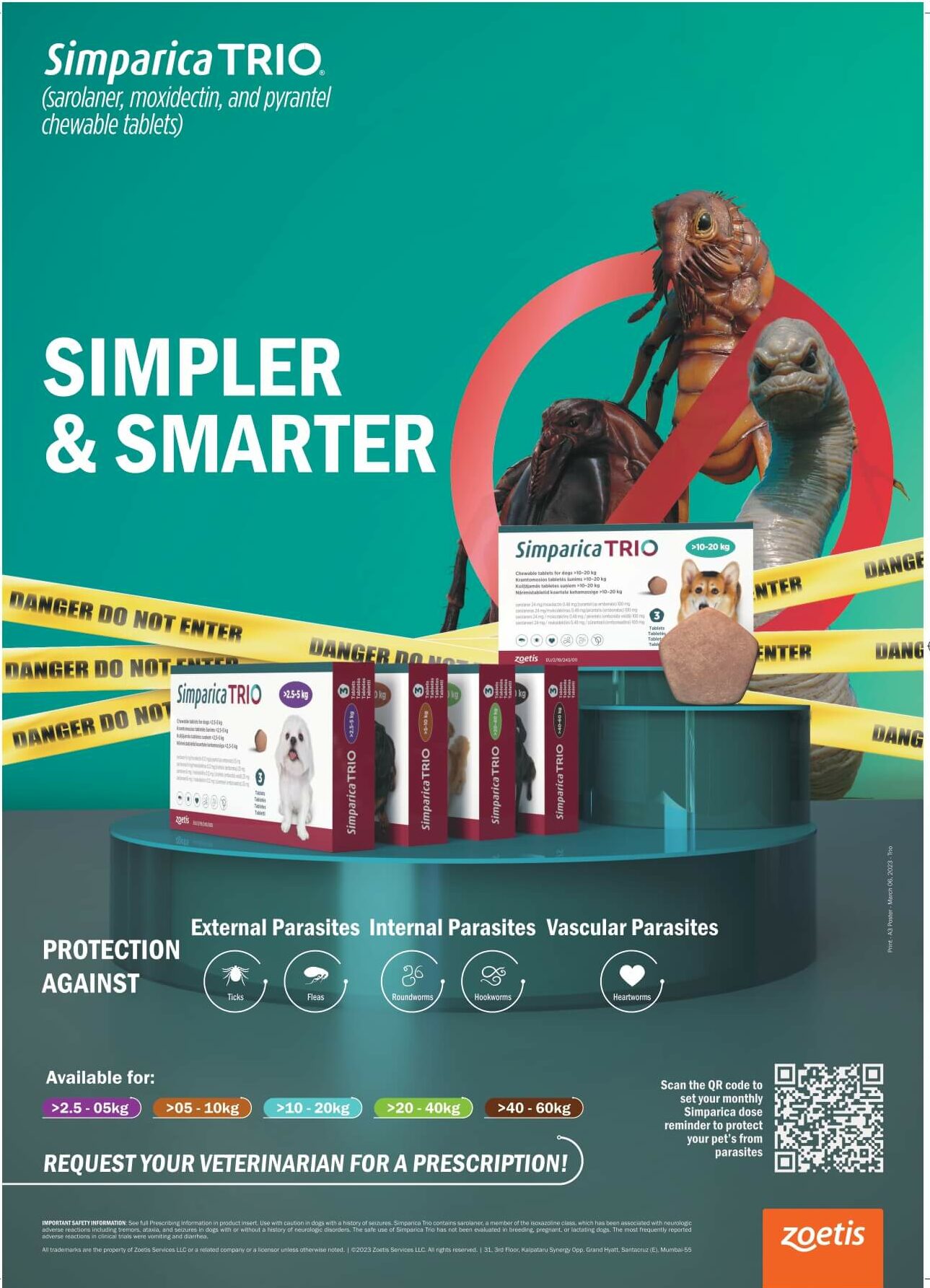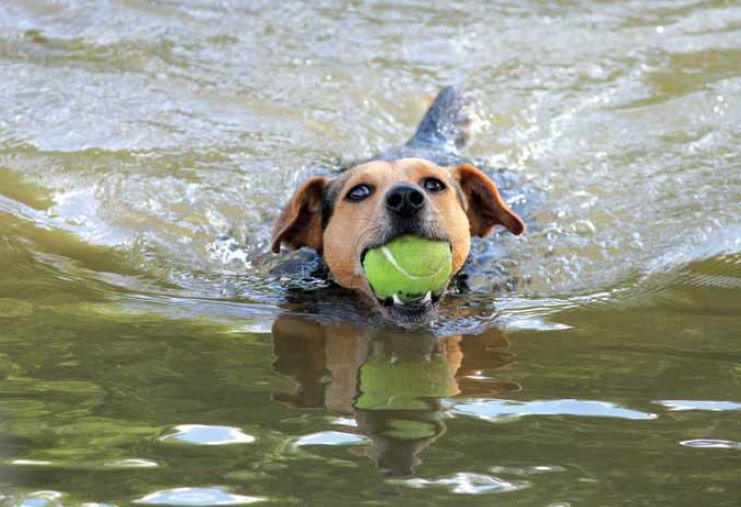
First few weeks of pet’s life are crucial for omitting the scary stuff.
London, July 6, 2019: Fireworks are a brilliant way to celebrate special occasions but the loud noises produced take a toll on our pets, especially dogs. All animals, domesticated and wild, are hardwired by evolution to find loud noises frightening. It is an automatic response to an unidentified threat, which may cause the animal to bolt before the brain has had time to process the information the ears are presenting. The only way in which the response can be changed or reduced is by training, desensitization, or habituation to the noise.
It’s easy to see why fireworks and thunder are so frightening to animals. They are loud, sudden, and send shock waves through the air and the ground. In technical terms, they activate the auditory startle response. You might expect that dogs, cats, and other domestic animals would be better able to tolerate the scary nature of fireworks since they are used to sudden loud noises, but many dogs and cats spend July Fourth and New Year’s Eve in a state of terror. As reported by media, a study in UK found that up to 49% of owners reported that their dogs were afraid of noises, and fireworks were the number one cause. Thunderstorms and gunshots were the next two most common issues.
But the news might not be all bad for fearful animals. We can sometimes help our pets to overcome fear, or prevent them from developing it, with training and management techniques. Dogs and cats that have been properly introduced to unexpected events of all kinds in the early part of their lives may not be worried by loud noises. The most important time for socializing dogs with people and other dogs, and for getting them used to other “scary stuff,” is first 12 weeks of life, known as the socialization period. If you have been able to do this with your pet during those first crucial weeks, then you may have no problems. If for any reason you have not done that, or your pet is frightened in spite of all your efforts, there are still a number of things you can do to help them during fireworks or thunderstorms.
Dogs and cats often feel more secure if they have a small, enclosed space to hide in when they are afraid, so providing a den can help. This can be as simple as an area between two armchairs, or a small table with a blanket draped over the top. Cats will often get under the bed or behind the sofa. For really severe cases, you may want to ask your vet to recommend medication and behavior counselor to help with desensitizing the animal to sounds. This is not something to be done without professional guidance, as you can make things worse if you don’t do it correctly.
To read more, subscribe to Buddy Life!











 " >
" >
 " >
" >